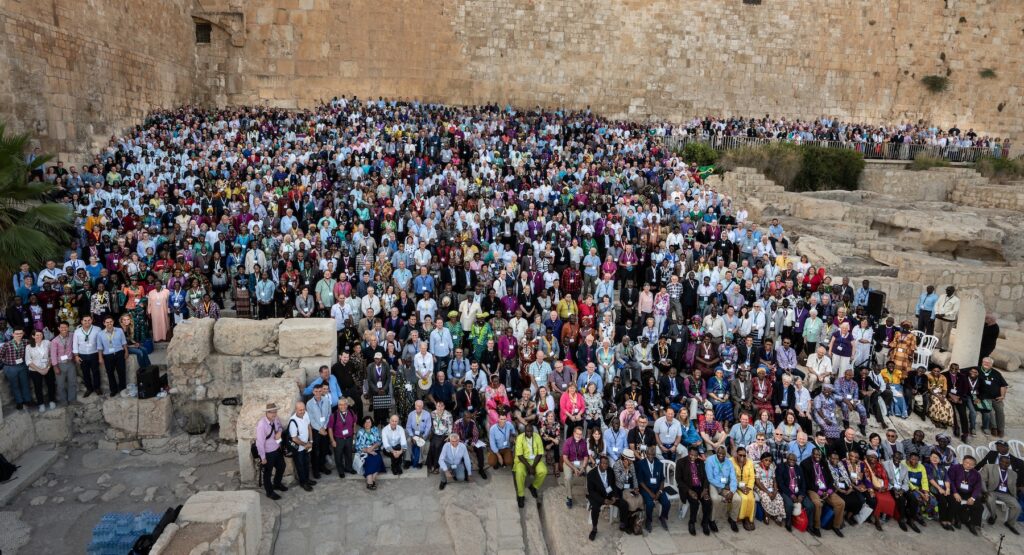Hey @elonmusk, as a critical co-founder of Wikipedia, I find disturbing the influence that Wikipedia has over the Community Notes on X. Why not ask the people, “Should Wikipedia be banned as a usable source for Community Notes purposes on X? Vox populi, vox Dei.”
Should X disallow Wikipedia as a source for Community Notes?
Just by the way, I don’t actually believe “Vox populi, Vox Dei” (the voice of the people is the voice of God) and now I wonder if I have taken the Lord’s name in vain! 😩
• • •
Missing some Tweet in this thread? You can try to
force a refresh







